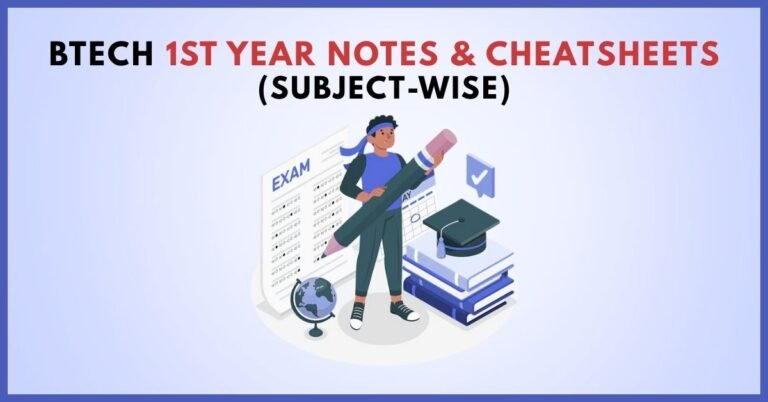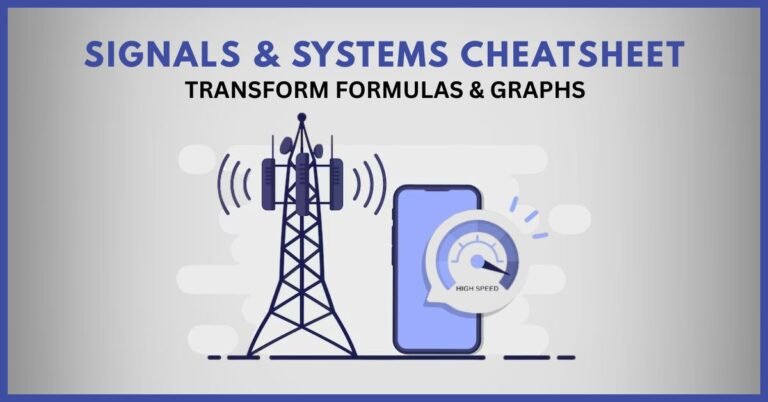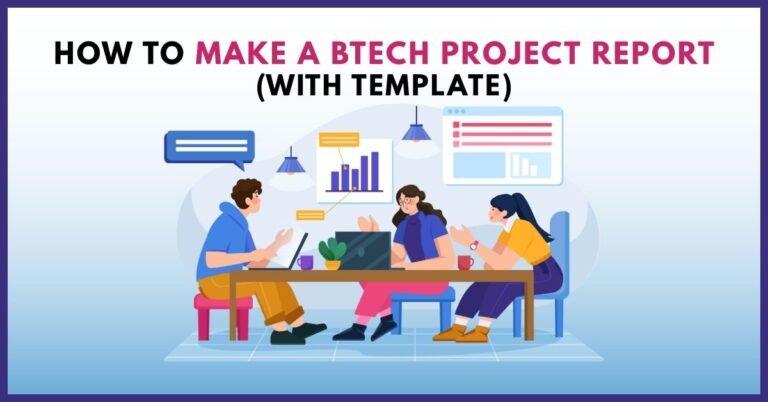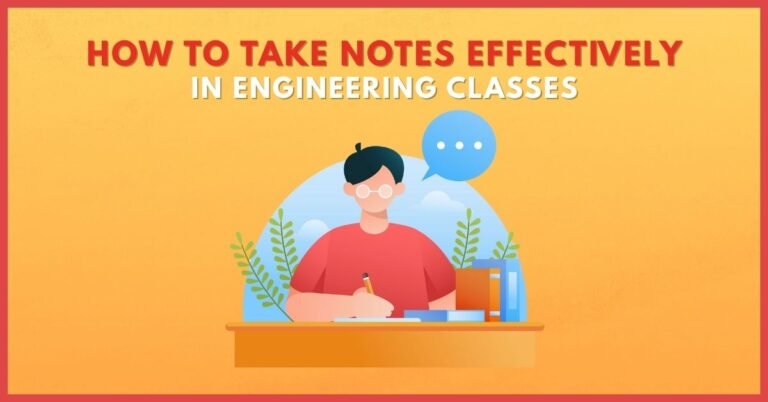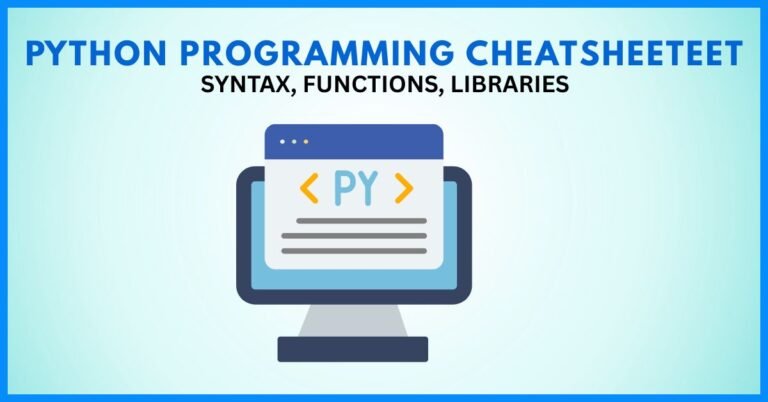Semester-Wise BTech Study Plan
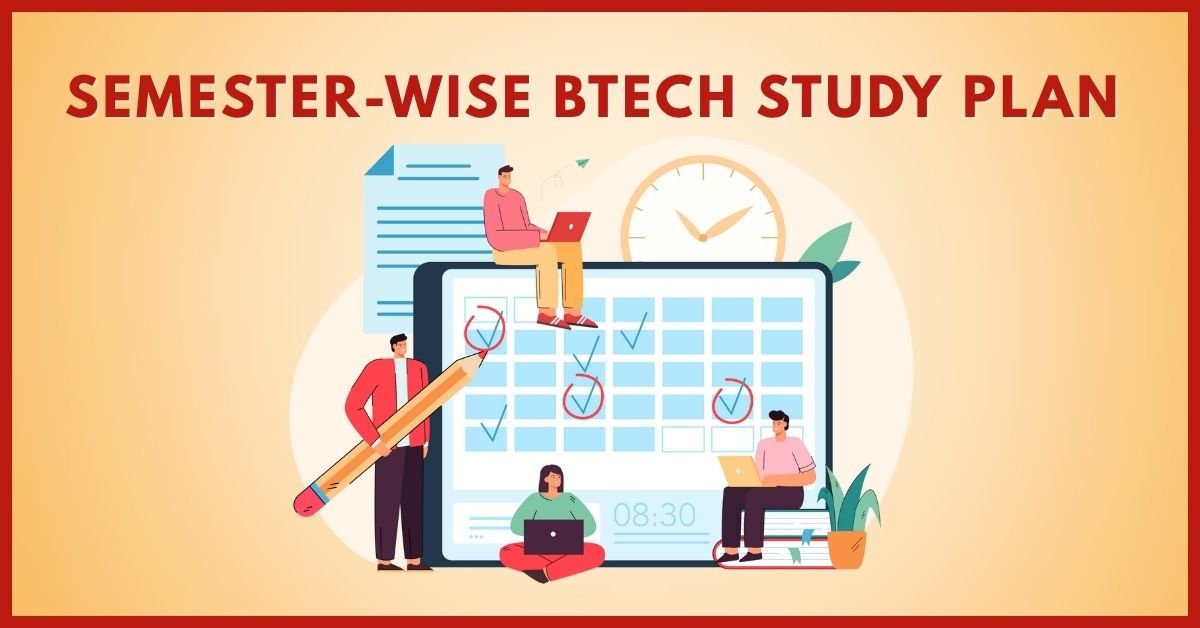
Embarking on a BTech journey is both exciting and challenging. A well-structured semester-wise study plan can significantly enhance your learning experience, ensuring academic success and holistic development. This guide provides a comprehensive roadmap to navigate each semester effectively, leveraging resources from BTech Cheatsheets to optimize your study sessions.
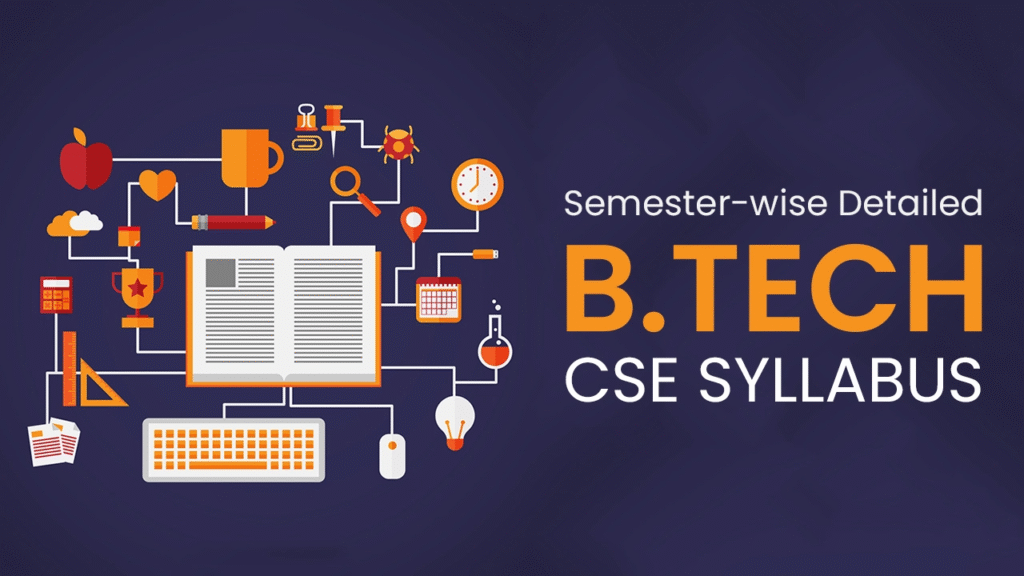
Introduction
The BTech curriculum is designed to build a strong foundation in engineering principles, gradually advancing to specialized subjects in later semesters. A strategic study plan tailored to each semester’s requirements can help you manage your coursework efficiently, prepare for exams effectively, and stay ahead in your academic pursuits.
First Year: Laying the Foundation
Semester 1: Introduction to Engineering Concepts
- Core Subjects: Engineering Mathematics I, Engineering Physics, Engineering Chemistry, Basic Electrical Engineering, Engineering Mechanics.
- Focus Areas: Understanding fundamental concepts, developing problem-solving skills, and adapting to the academic rigor of engineering studies.
- Study Tips: Utilize BTech Cheatsheets’ formula sheets and concept maps for quick revisions. Engage in group studies to enhance understanding and retention.
Semester 2: Building on Fundamentals
- Core Subjects: Engineering Mathematics II, Computer Programming, Environmental Science, Basic Electronics, Engineering Drawing.
- Focus Areas: Strengthening programming skills, understanding environmental impacts, and honing analytical abilities.
- Study Tips: Practice coding regularly using online platforms. Refer to previous year papers available on BTech Cheatsheets for exam preparation.
Second Year: Deepening Knowledge
Semester 3: Core Engineering Disciplines
- Core Subjects: Data Structures, Digital Logic Design, Signals and Systems, Object-Oriented Programming, Engineering Thermodynamics.
- Focus Areas: Developing a deep understanding of core engineering subjects, emphasizing practical applications.
- Study Tips: Create detailed notes and flowcharts for complex topics. Use BTech Cheatsheets’ quick revision guides for last-minute preparations.
Semester 4: Advanced Engineering Topics
- Core Subjects: Operating Systems, Microprocessors, Analog Electronics, Probability and Statistics, Fluid Mechanics.
- Focus Areas: Applying theoretical knowledge to practical scenarios, enhancing analytical and computational skills.
- Study Tips: Engage in lab sessions actively to reinforce theoretical concepts. Refer to BTech Cheatsheets’ lab viva questions for viva preparation.
Third Year: Specialization and Application
Semester 5: Introduction to Specializations
- Core Subjects: Computer Networks, Database Management Systems, Software Engineering, Control Systems, Elective I.
- Focus Areas: Exploring specialized subjects, understanding industry applications, and selecting electives based on career interests.
- Study Tips: Participate in workshops and seminars related to chosen electives. Utilize BTech Cheatsheets’ placement preparation notes for interview readiness.
Semester 6: Advanced Specialization
- Core Subjects: Compiler Design, Operating Systems Design, Embedded Systems, Elective II, Elective III.
- Focus Areas: Delving deeper into specialized subjects, undertaking projects, and preparing for internships.
- Study Tips: Work on mini-projects to apply theoretical knowledge. Refer to BTech Cheatsheets’ previous year papers for exam practice.
Final Year: Transitioning to Professional Life
Semester 7: Project Work and Internships
- Core Subjects: Project Work I, Elective IV, Elective V, Internship.
- Focus Areas: Applying accumulated knowledge in real-world scenarios, developing professional skills, and preparing for the job market.
- Study Tips: Maintain a detailed project diary. Use BTech Cheatsheets’ quick revision guides for final semester exams.
Semester 8: Final Project and Placement Preparation
- Core Subjects: Project Work II, Placement Training.
- Focus Areas: Completing the final project, attending placement drives, and preparing for interviews.
- Study Tips: Practice mock interviews and group discussions. Refer to BTech Cheatsheets’ placement preparation notes for interview strategies.
Leveraging BTech Cheatsheets for Academic Success
BTech Cheatsheets offers a plethora of resources to aid in your academic journey:
- Formula Sheets: Quick reference for essential formulas across subjects.
- Concept Maps: Visual aids to understand complex topics.
- Quick Revision Guides: Summarized notes for efficient revision.
- Lab Viva Questions: Common questions to prepare for lab vivas.
- Previous Year Papers: Practice papers to familiarize with exam patterns.
- Placement Preparation Notes: Tips and strategies for placement interviews.
Incorporating these resources into your study plan can enhance your understanding, improve retention, and boost exam performance.
Frequently Asked Questions (FAQs)
1. How can I create an effective study timetable for each semester?
Creating a study timetable involves:
- Allocating specific time slots for each subject.
- Prioritizing subjects based on difficulty and exam schedules.
- Incorporating regular breaks to avoid burnout.
- Using tools like Google Calendar or Notion for organization.
2. What are the best resources for BTech exam preparation?
- BTech Cheatsheets: Offers concise notes, formula sheets, and previous year papers.
- Online Platforms: Websites like Coursera and edX for supplementary learning.
- Reference Books: Standard textbooks recommended by professors.
3. How can I balance academics and extracurricular activities?
- Time Management: Allocate specific times for studies and activities.
- Prioritization: Focus on academic commitments during exam periods.
- Participation: Engage in extracurricular activities that align with career goals.
4. What are the key skills required for BTech students?
- Technical Skills: Proficiency in programming languages and engineering tools.
- Analytical Thinking: Ability to solve complex problems.
- Communication Skills: Effective written and verbal communication.
- Teamwork: Collaboration in group projects and assignments.
5. How can I prepare for BTech placements?
- Skill Development: Learn industry-relevant skills and technologies.
- Mock Interviews: Practice with peers or mentors.
- Resume Building: Highlight academic achievements and projects.
- Networking: Attend workshops and seminars to connect with professionals.
Conclusion
A well-structured semester-wise study plan is crucial for navigating the challenges of a BTech program. By leveraging resources like BTech Cheatsheets and adhering to a disciplined study schedule, you can enhance your academic performance, develop essential skills, and prepare effectively for your future career. Remember, consistency and strategic planning are key to success in engineering studies.
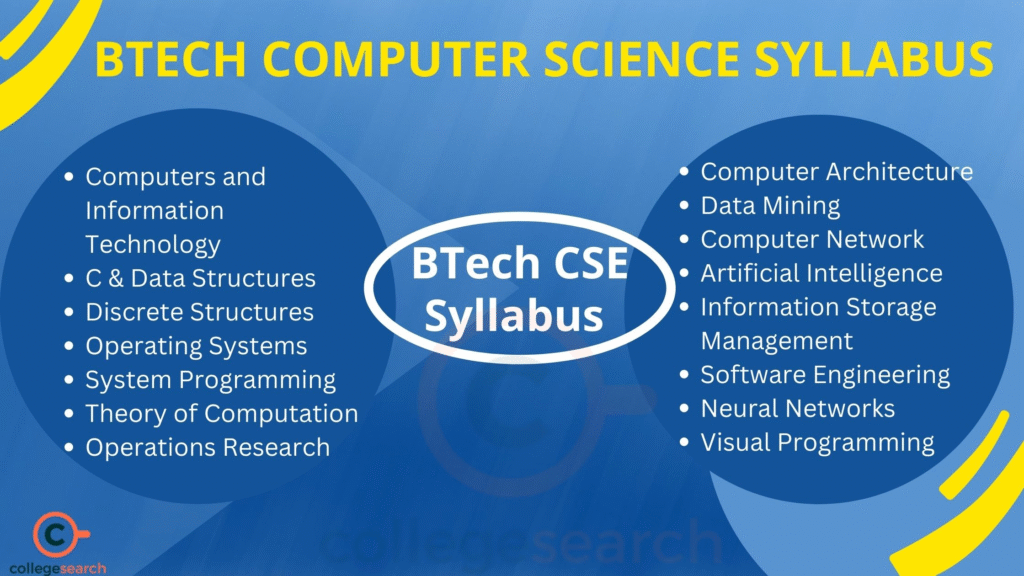
Author Profile
- At Learners View, we're passionate about helping learners make informed decisions. Our team dives deep into online course platforms and individual courses to bring you honest, detailed reviews. Whether you're a beginner or a lifelong learner, our insights aim to guide you toward the best educational resources available online.
Latest entries
 UncategorizedOctober 3, 2025AKTU BTech Important Questions & Notes
UncategorizedOctober 3, 2025AKTU BTech Important Questions & Notes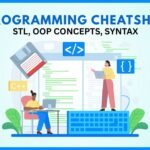 Exam Revision NotesSeptember 24, 2025C++ Programming Cheatsheet – STL, OOP Concepts, Syntax
Exam Revision NotesSeptember 24, 2025C++ Programming Cheatsheet – STL, OOP Concepts, Syntax Exam Revision NotesSeptember 22, 2025Java Programming Cheatsheet – Collections, OOP, Exceptions
Exam Revision NotesSeptember 22, 2025Java Programming Cheatsheet – Collections, OOP, Exceptions UncategorizedAugust 28, 2025BTech 1st Year Notes & Cheatsheets (Subject-Wise)
UncategorizedAugust 28, 2025BTech 1st Year Notes & Cheatsheets (Subject-Wise)

